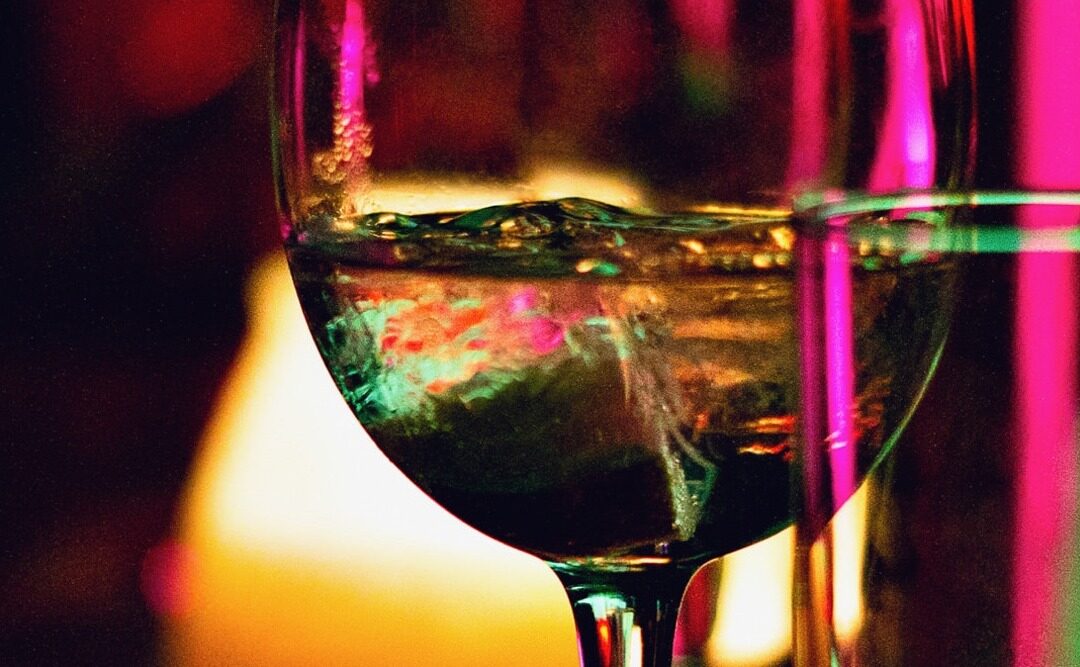If you have ever wondered whether taking a break from alcohol might have a positive impact on your life, then you are not alone. It would be hard to miss the greater prominence of low and no alcohol drinks options available in supermarkets, bars, restaurants, and even pubs. You may have heard about mindful drinking and sober curious lifestyles, and you can find references to clean living all over social media. This global movement which is led by the health-conscious younger generation is now being embraced by all ages, but what does it mean?
Being sober curious is about the exploration of a life without alcohol. Alcohol is widely accepted in society and regular social drinking is so normalized that it is often considered more unusual if someone does not indulge. We use alcohol to celebrate, as a tool to manage stress and a crutch to help us through difficult life events, and while it can be hard to imagine being completely teetotal, more and more people are taking a closer look at what is fuelling their desire to drink and how drinking affects their lives.
It is not uncommon to have concerns about drinking habits even if you are not suffering from an ‘Alcohol Use Disorder,’ after all alcohol is a highly addictive substance. Sometimes people decide to do something about these concerns and avoid alcohol completely for a time for personal or wellness reasons. This can be thought of as being ‘sober curious ‘. You might not be in a position where you need or want to quit drinking permanently, but you may wonder if a break from alcohol could be beneficial. Being sober curious can give an insight to how sobriety or moderation might work for you and how it could benefit your life. In some cases, may be that a few months of sobriety leads to more mindful drinking in the future.
Many who takes a significant break from alcohol will notice are the health benefits. Apart from saying goodbye to hangovers, the short-term benefits of sobriety could include better sleep, improved energy levels, better mental health, potential weight loss and healthier looking skin. Longer term benefits of stopping drinking may include a reduced risk of certain types of cancer, heart disease, high blood pressure and stroke as well as a positive impact liver function.
If you are thinking about taking a break from alcohol it may be useful to focus on what you will gain from the experience rather what you will lose. Rather than thinking about what you might be missing out on, consider that true relaxation comes from getting proper rest and even one glass of wine in the evening will disrupt the rapid eye movement REM stage of sleep meaning you will wake up less refreshed. Cutting out alcohol will mean you are likely to see an improvement in your energy levels leading to improved productivity and enthusiasm. If alcohol affects your ability to manage your emotions, then sobriety may help boost your mood and you are likely to see improvements in personal relationships. In addition, alcohol is known to fuel anxiety and depression so If you suffer in these areas then a break from alcohol is almost certain to help alleviate symptoms.
So, if sober curiosity sounds of interest, then why not give it a go? Whether it is for the long or short term, taking a break from alcohol can instigate healthy lifestyle changes and promote more mindful drinking in the future. However, it is important to note that being sober curious may not work for everybody and we must acknowledge the difference between people who are choosing a sober curious lifestyle for wellness reasons and those who choose sobriety because of dependency or addiction issues. If you are struggling to cut down on your drinking despite your best efforts, you may need more specialist help by reaching out to a health professional or a mutual aid group such as AA or SMART Recovery.
By Annie P

